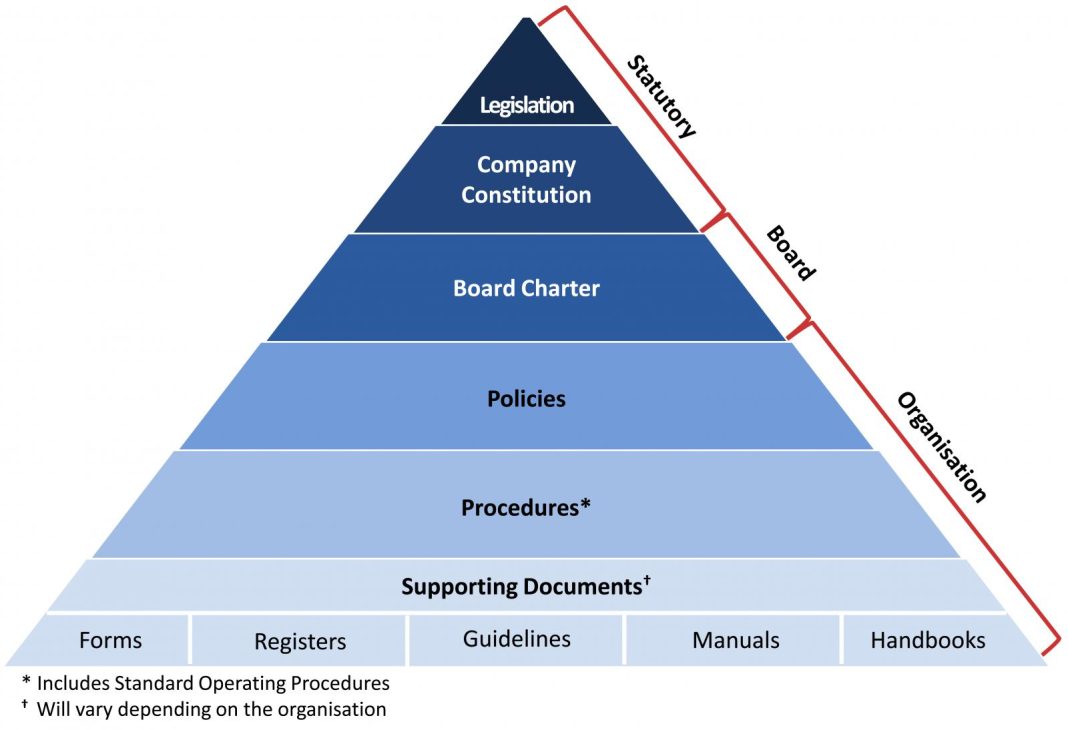Harris Stands Firm on Israel Policy, Despite Calls for Change
When President Joe Biden announced his endorsement of Vice President Kamala Harris for the upcoming presidential election, many were hopeful for a new approach to U.S. policy on Israel. However, during a recent interview with CNN’s Dana Bash, Harris made it clear that she would not be changing her stance on supplying arms and diplomatic support to Israel for its war in Gaza.
Harris, joined by her running mate, Minnesota Gov. Tim Walz, reaffirmed her commitment to Israel’s defense and its ability to defend itself. She acknowledged the loss of innocent Palestinian lives and called for an end to the war, but emphasized that her position on supporting Israel would not waver.
This unwavering support for Israel has raised concerns among supporters of Palestinian rights. Matt Duss, executive vice president at the Center for International Policy and former foreign policy adviser for Sen. Bernie Sanders, pointed out the discrepancy in Harris’ language when discussing Israeli and Palestinian experiences. While she specifically mentioned Hamas attacks on Israelis, she referred to Palestinian suffering in more passive terms, failing to acknowledge the role of U.S.-supported weapons in causing harm.
The issue of conditioning military aid to Israel has been a point of contention within the Democratic Party. At the Democratic National Convention, demands for a Palestinian American elected official to speak on the main stage were ignored. Progressive representatives like Rashida Tlaib, Cori Bush, Alexandria Ocasio-Cortez, and Ilhan Omar joined an overnight sit-in with uncommitted delegates, urging Harris to express support for conditioning military aid to Israel.
Advocates for conditioning aid point to the Leahy Law, which prohibits U.S. assistance to military units known to commit gross human rights violations. Evidence of such violations, including the bombing of civilians and civilian infrastructure, blocking aid, and mistreatment of Palestinian detainees, continues to emerge from Israel’s operations in Gaza. Israel’s leaders also face war crime charges from the International Criminal Court and an ongoing genocide case within the U.N. International Court of Justice.
Public opinion on the issue is divided. A June poll by YouGov, published by CBS, revealed that 61 percent of Americans oppose weapons aid to Israel in its war in Gaza, with 77 percent of Democrats rejecting military aid. Duss argues that the Harris campaign should listen to these polling numbers and take a bolder stance on Israel policy.
As ceasefire talks continue, the situation on the ground remains dire. An Israeli strike on a humanitarian aid convoy resulted in the deaths of five people in Gaza, and Israel’s offensive in the occupied West Bank shows no signs of slowing down. The Israeli military has conducted strikes and raids, resulting in the deaths of at least 16 people. Civilian movement has been restricted, and evacuations have been ordered, echoing the displacement of Palestinians in Gaza.
While Harris’ position on Israel remains unchanged, the calls for a more courageous and visionary approach to U.S. policy on Israel continue to grow. As the election approaches, it remains to be seen how Harris will navigate these demands and address the concerns of those advocating for a shift in U.S. support for Israel.


